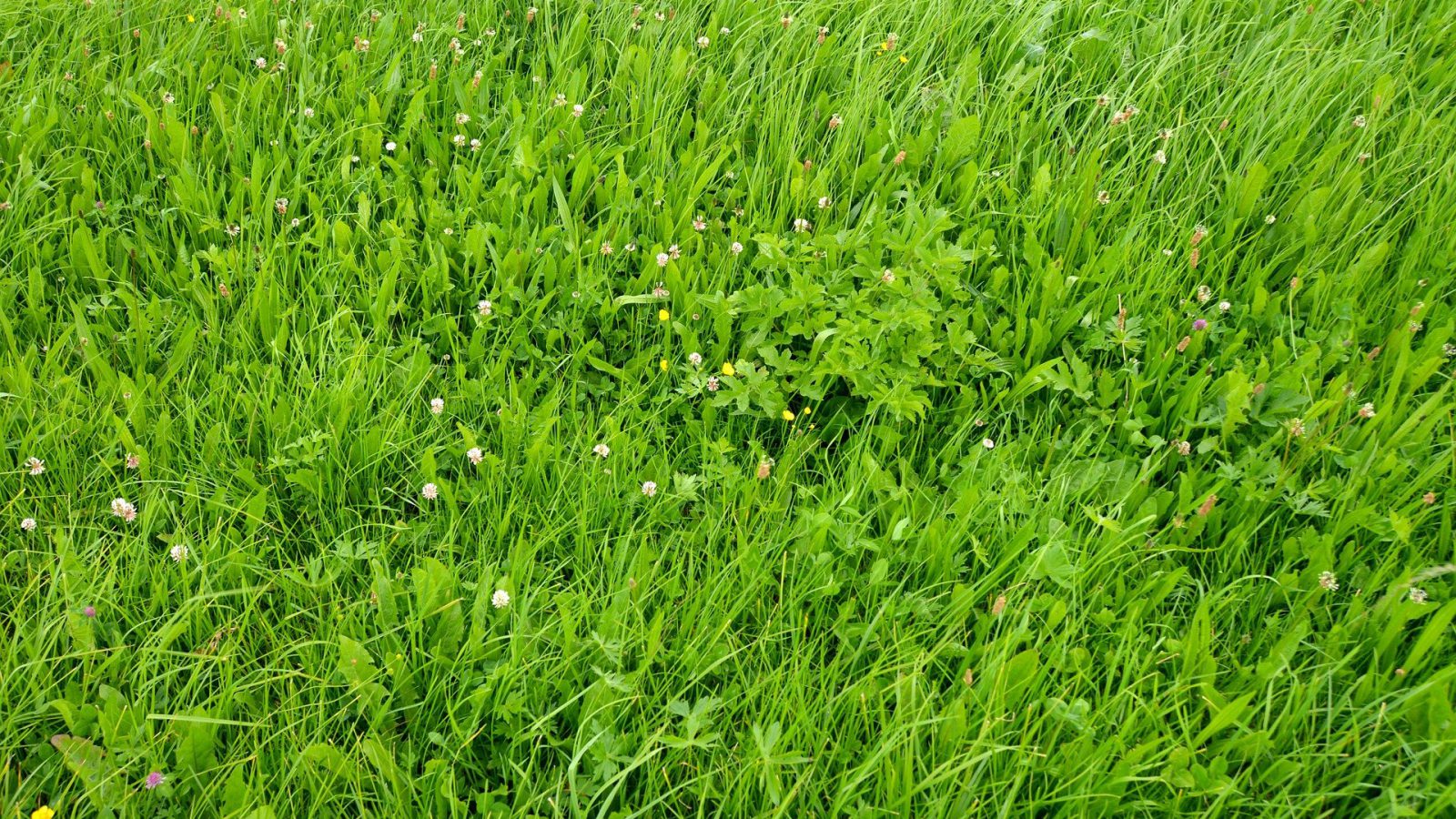- Versie 2015-06-12
- Downloaden 2625
- Bestandsgrootte 230.84 KB
- Aantal bestanden 1
- Datum plaatsing 12/06/2015
- Laatst geüpdatet 24/06/2020
- Menu
- Skip to right header navigation
- Door naar de hoofd inhoud
- Skip to secondary navigation
- Spring naar de voettekst

Je bent hier: Home / Downloads / Yield and nutritive value of binary legume-grass mixtures under grazing
Footer
Nieuws
- Save the date; Groenvoederproductie in een veranderend klimaat 28/06/2024
- Stuur jouw scriptie over de teelt van gras en voedergewassen in voor de NVWV-scriptieprijs! 28/06/2024
- Early-bird inschrijving voor het EGF 2024 is met een week verlengd 08/04/2024
- Presentaties themadag: Efficiënt grasland bemesten zonder derogatie 28/03/2024
- Productief Kruidenrijk Grasland 26/03/2024
Contact
Vestigingsadres:
Steve Bikostraat 300
3573 BH Utrecht
KvK 40123701
INFO@NVWV.NL
privacy policy